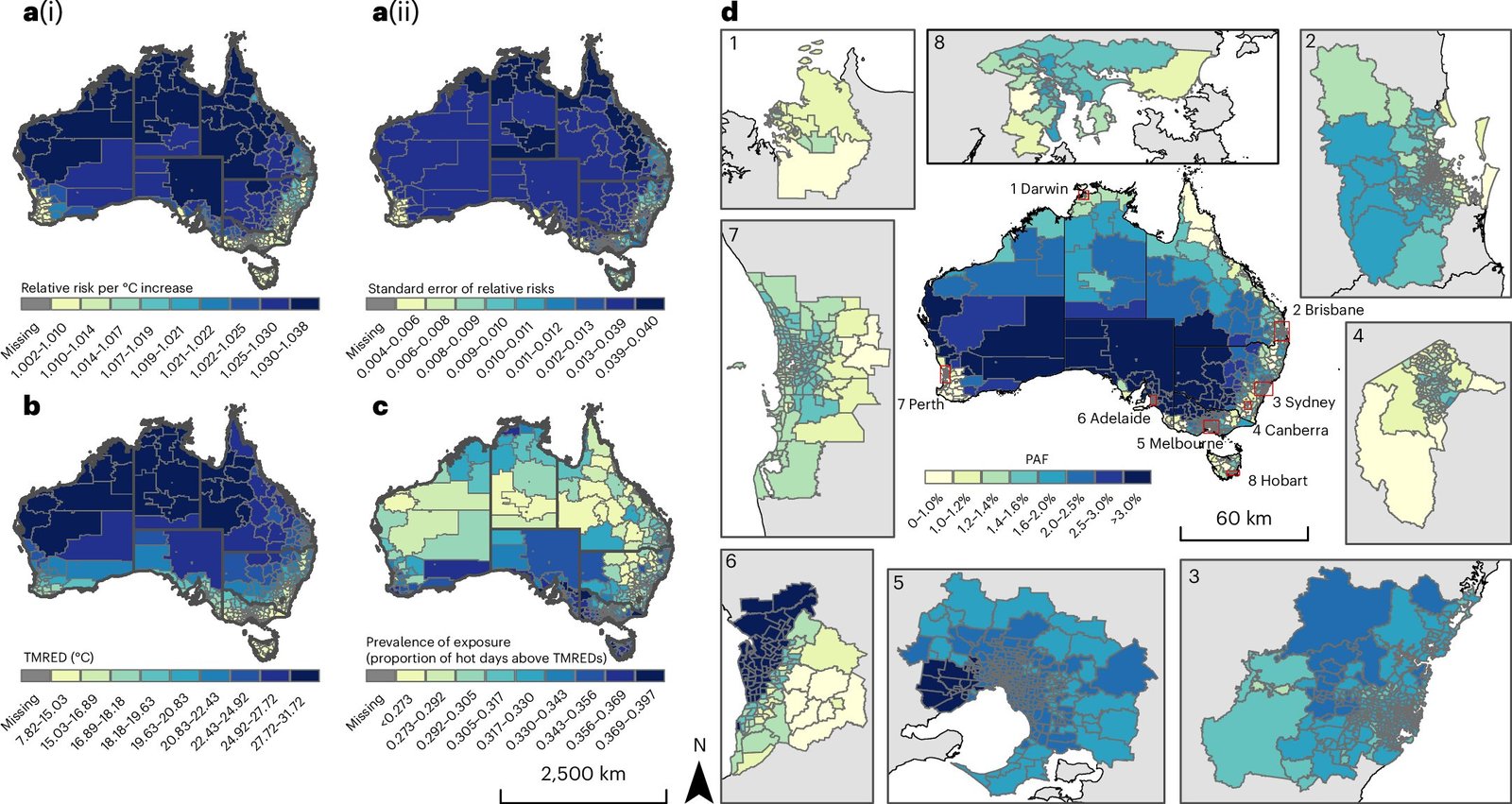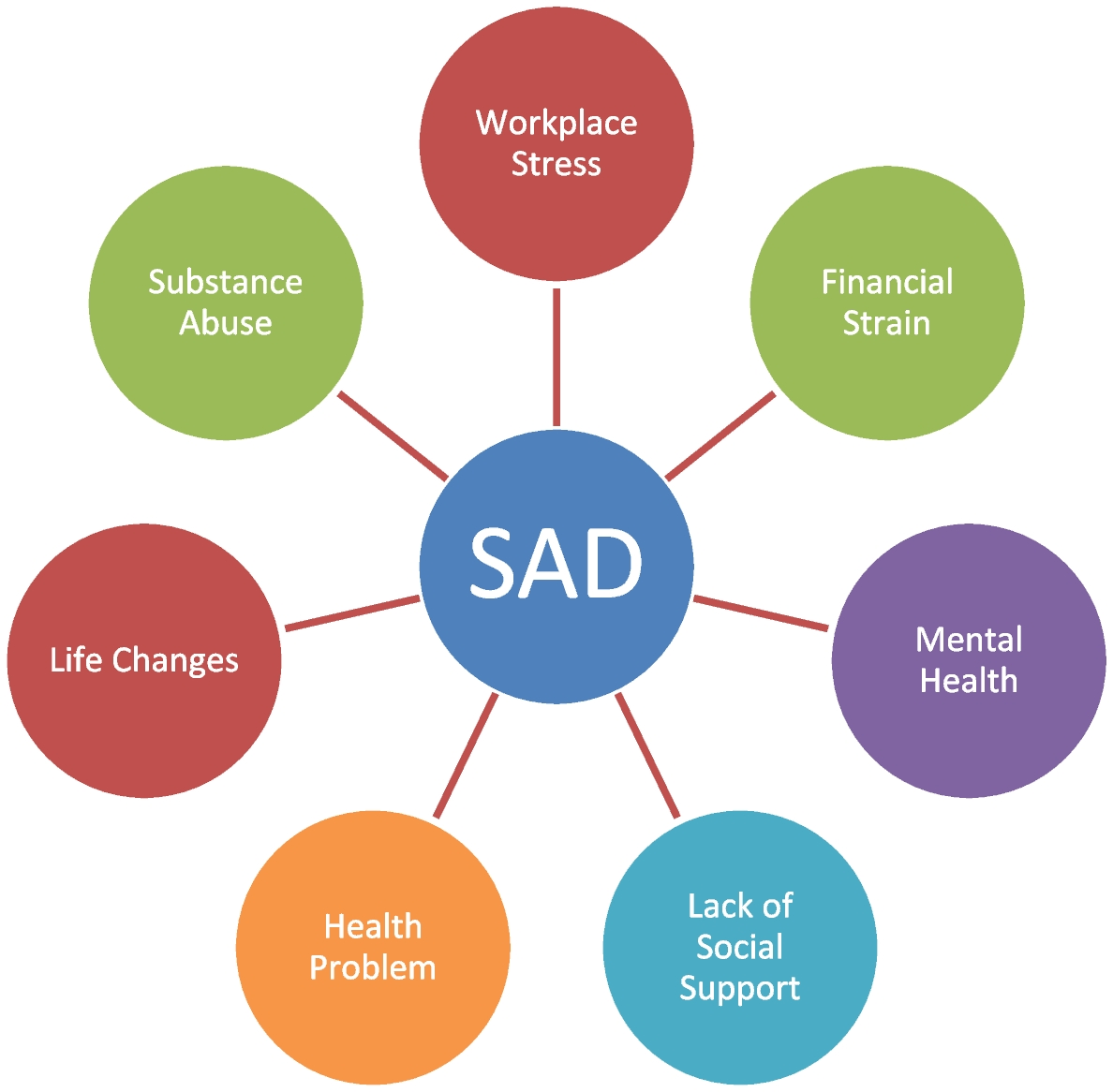Rising temperatures in Australia threaten to increase the incidence of mental and behavioral disorders (MBD) by nearly 50% by the year 2050, according to recent research from the University of Adelaide. This study, published in the journal Nature Climate Change, underscores the urgent need for proactive measures to safeguard mental health as climate conditions worsen.
Currently, high temperatures contribute to an annual loss of 8,458 disability-adjusted life years (DALYs), accounting for approximately 1.8% of the total MBD burden in Australia. Young Australians aged 15 to 44 are particularly vulnerable, with the majority of these losses connected to deteriorating mental health.
Lead researcher Professor Peng Bi from the School of Public Health emphasized the growing recognition of climate change’s negative effects on mental health worldwide. He stated, “Rising temperatures are making things harder for millions, from mild distress to severe conditions like schizophrenia.”
The study analyzed data from the Australian Burden of Disease database and found that regions closer to the equator face higher risks of mental health challenges related to heat. The Northern Territory showed the highest predicted relative risk, while South Australia and Victoria reported significant proportions of their mental health burden linked to extreme temperatures—2.9% and 2.2%, respectively.
Professor Bi called for policymakers to implement targeted public health interventions to combat these emerging mental health challenges, highlighting that about 8.6 million Australians aged 16 to 85 will experience an MBD in their lifetime. Factors such as income, health care access, and local environmental conditions can influence how heat impacts mental health, resulting in some communities being more affected than others.
First author Dr. Jingwen Liu noted, “Our findings indicate that climate change will exacerbate mental health challenges beyond what population growth alone would cause. Young people, who often face these issues early, are particularly at risk as the climate crisis intensifies.”
The researchers advocate for immediate action to address these concerns, including developing heat-health action plans that prepare health systems for rising mental health needs. They suggest localized solutions such as community programs and the creation of green spaces to foster resilience, particularly for vulnerable populations.
Professor Bi concluded, “Policymakers must adopt targeted strategies to protect mental health as temperatures rise. This is not just a health issue; it is about building stronger, more resilient communities for the future.”
As climate change continues to unfold, the need for effective responses to its impact on mental health becomes increasingly critical. The study serves as a wake-up call for both public health officials and community leaders to prioritize mental health in their climate action plans.



